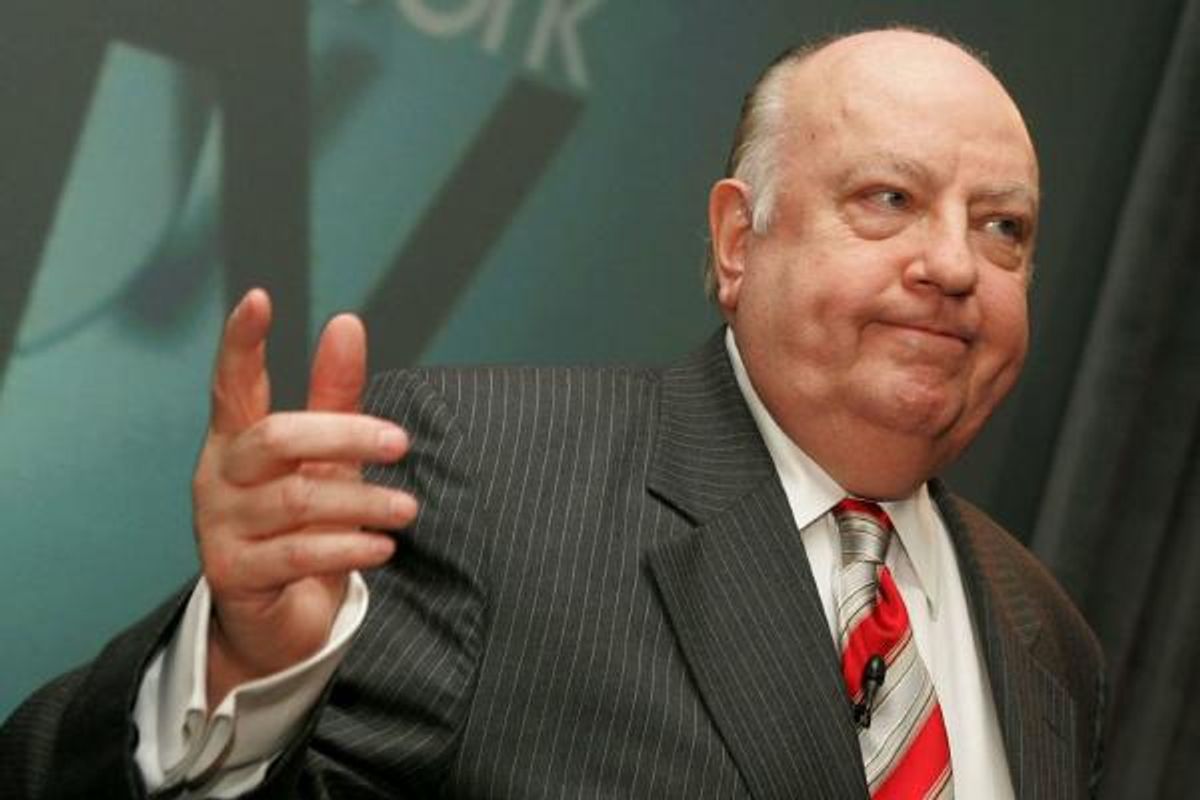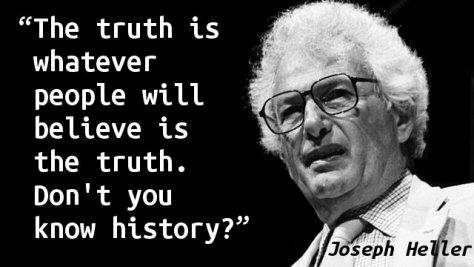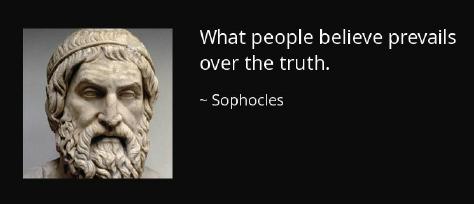The Fox News Channel (FNC), founded by media mogul Rupert Murdoch in 1996, has long since surpassed CNN to become the #1 news cable channel (in terms of viewership) in the United States. Billing itself as the “fair and balanced” alternative to existing news outlets, FNC has nonetheless been disparaged by some as a "right-wing propaganda machine" or "an extension of the Republican Party," a criticism reflected in the attribution to former Fox News Chairman and CEO Roger Ailes the statement that "The truth is whatever people will believe."
Although this statement is commonly credited to Ailes, rarely is it reproduced with any citation of detail or attribution. Upon occasion, though, it's cited as having appeared in an (unnamed) 1984 book:
I feel it's important to point out that "news" is the conveying of factual, provable information. Opinion (or editorial) is a writer's opinion or personal perception of a fact.
Fox News, for example, even though it's called "Fox News," is mostly opinion. Roger Ailes, Fox News President, said, in a 1984 book, "The truth is whatever people will believe." This means that this widely-respected "news" organization feels it's perfectly acceptable to bend the truth to meet its needs.
These words do appear in a book that was published in 1984. However, that work, God Knows, was a novel by Joseph Heller (best known as the author of Catch-22) about the Biblical King David of Israel, and thus it includes no quotes from Roger Ailes:
As far as we can tell, this statement wasn't attributed to Ailes until it appeared as such on a web forum in 2012, despite having been extant for nearly thirty years at that point.
Moreover, even if Ailes had ever said anything like "the truth is only what people believe," he would only have been echoing a notion that has been with us for millennia, as recorded in the words of the fragmentary play Aleadae ("The Sons of Aleus") by the ancient Greek tragedian Sophocles:



